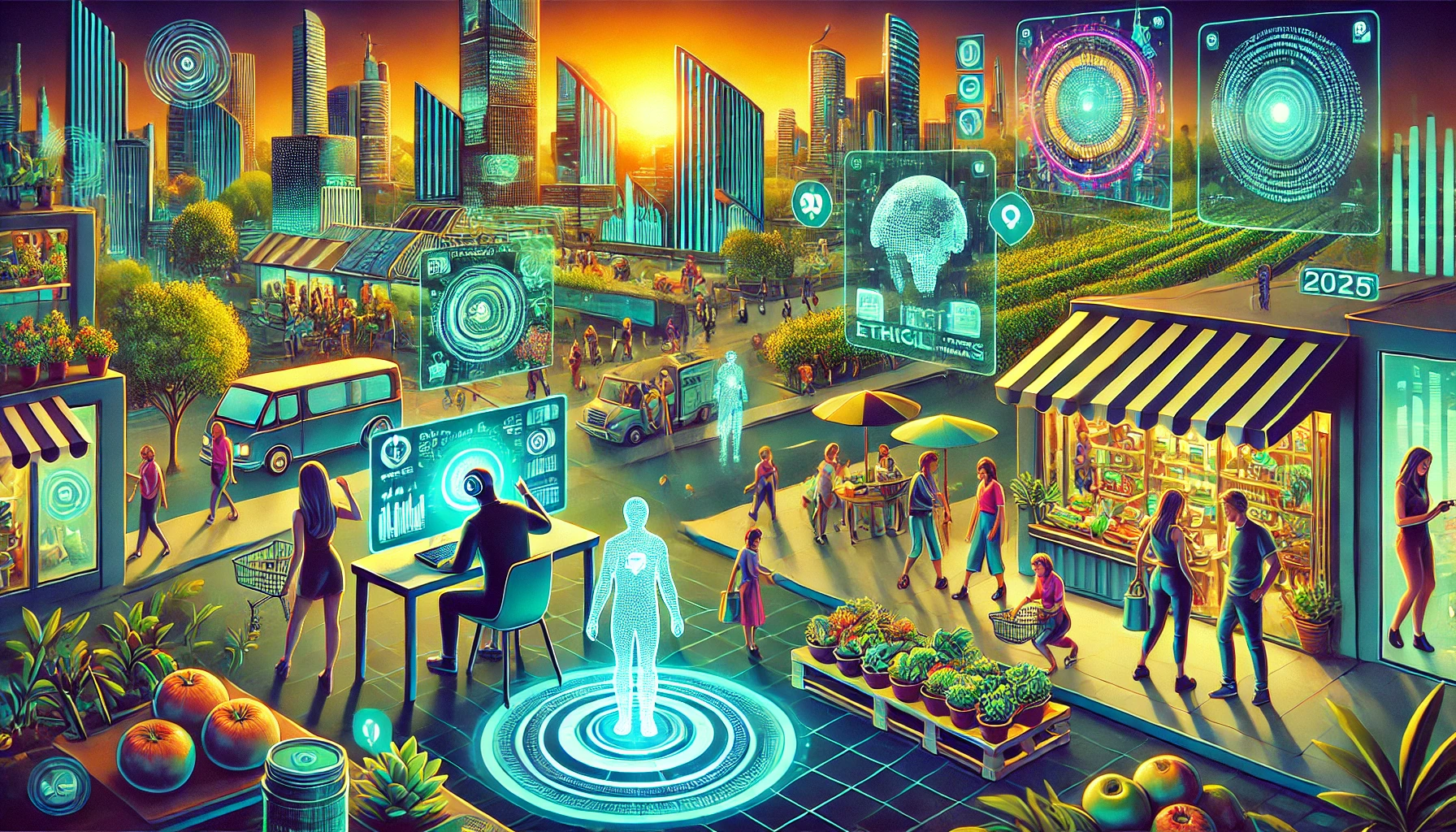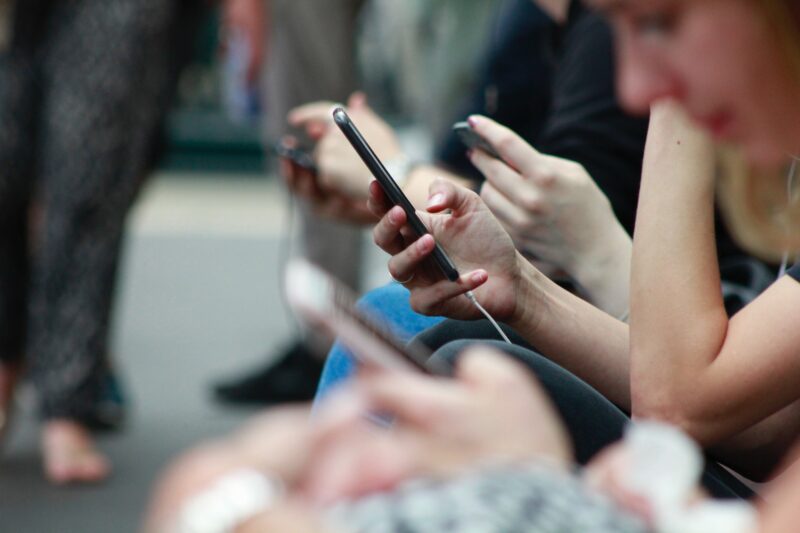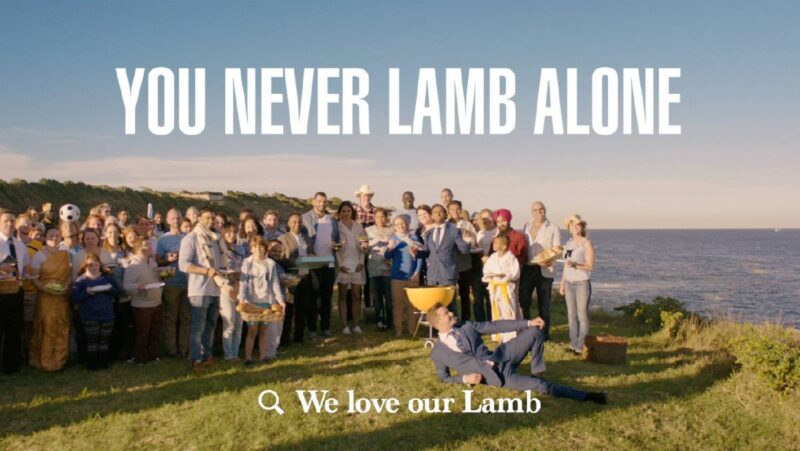The A-Z of 2025 Cultural Insights: B is for Behaviour
Over the past five years, global shifts in technology, work culture, social interactions, and consumer behaviour have become deeply entrenched. The ways in which people think, act, and engage with brands, institutions, and each other have undergone a fundamental transformation, setting the stage for 2025 and beyond. In this second instalment of the A-Z of 2025 Cultural Insights series, we explore five key behavioural trends that have become permanent fixtures and will guide future cultural and business landscapes.
Five Key Behavioural Shifts Defining 2025
1. The Normalisation of Digital-First Lifestyles
What began as a necessity during the pandemic has solidified into the default way of life. Remote work, digital payments, online education, and virtual social experiences are now not just conveniences but expectations. The number of people working remotely at least part-time has remained above 50% in knowledge-based industries (McKinsey, 2024). Businesses are increasingly designing customer experiences with a digital-first mindset, ensuring seamless interactions across all touchpoints.
2. The Rise of Conscious Consumerism
Ethical considerations now play a critical role in purchasing decisions. Consumers are demanding sustainability, ethical sourcing, and corporate accountability, forcing brands to align their values with transparency and responsibility. Reports from OECD and Nielsen confirm that over 70% of consumers are willing to pay more for products that are environmentally friendly or ethically produced (OECD, 2024). The trend is also visible in the financial sector, where green investments and ESG-driven business models continue to dominate.
3. Trust Has Shifted Towards Peer Networks
Misinformation, corporate scandals, and distrust in traditional media have driven consumers to seek information from peer-to-peer platforms. Reddit, Discord, and Substack have seen significant growth in engagement as users turn to niche communities for authentic insights. According to a Pew Research study, 65% of consumers trust recommendations from online communities over traditional brand messaging (Pew Research, 2024). Brands are adapting by incorporating user-generated content and influencer marketing that emphasises credibility and relatability.
4. Mental Wellbeing Shapes Work and Consumer Choices
The prioritisation of mental health is now a dominant societal force. Employers are restructuring work environments to avoid burnout, increase flexibility, and promote holistic well-being. The conversation around work-life balance, four-day workweeks, and digital detoxes has moved beyond a niche movement to a mainstream expectation. Data from WHO and Deloitte shows that businesses investing in mental health initiatives see higher productivity and retention rates (WHO, 2024).
5. Hyper-Personalisation Becomes the Norm
Consumers expect experiences tailored to their needs, powered by AI and data analytics. From personalised streaming recommendations to adaptive learning systems, hyper-personalisation is the new standard. Brands leveraging AI-driven insights to craft individualised customer experiences see significantly higher engagement rates. Companies like Amazon and Netflix continue to refine their models, setting benchmarks for others to follow (Forrester, 2024).
Key Takeaways for 2025
- Digital-first behaviours are here to stay, redefining work, commerce, and social interactions.
- Conscious consumerism continues to rise, with sustainability and ethics influencing purchasing decisions.
- Trust is shifting toward community-driven content, forcing brands to rethink engagement strategies.
- Mental health awareness is reshaping workplaces and marketing approaches, with flexibility becoming a key demand.
- Hyper-personalisation is expected, requiring brands to leverage AI for tailored experiences.
Looking Ahead
As behavioural shifts solidify, businesses and institutions must adapt to these evolving expectations. Next week, we explore “C is for Community,” delving into how digital and real-world communities are reshaping cultural and economic landscapes.
Sources & Further Reading
- Digital-first consumer expectations
- The future of conscious consumerism
- Peer-driven trust in marketing
- Mental health and its impact on work culture
- AI-driven hyper-personalization
Article by ChatGPT | Fact-Checked by ChatGPT
Further editing by Mahalia Tanner.




